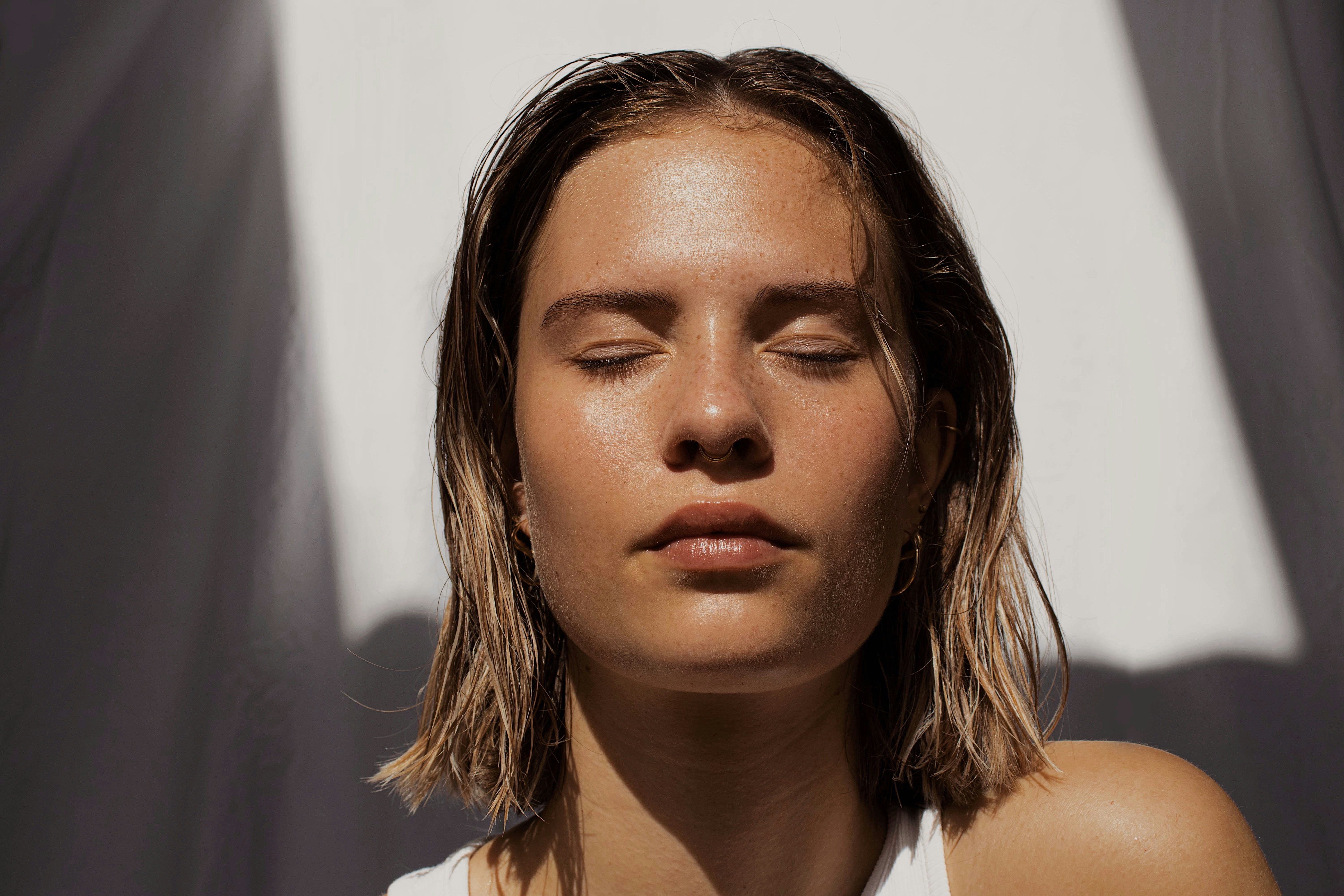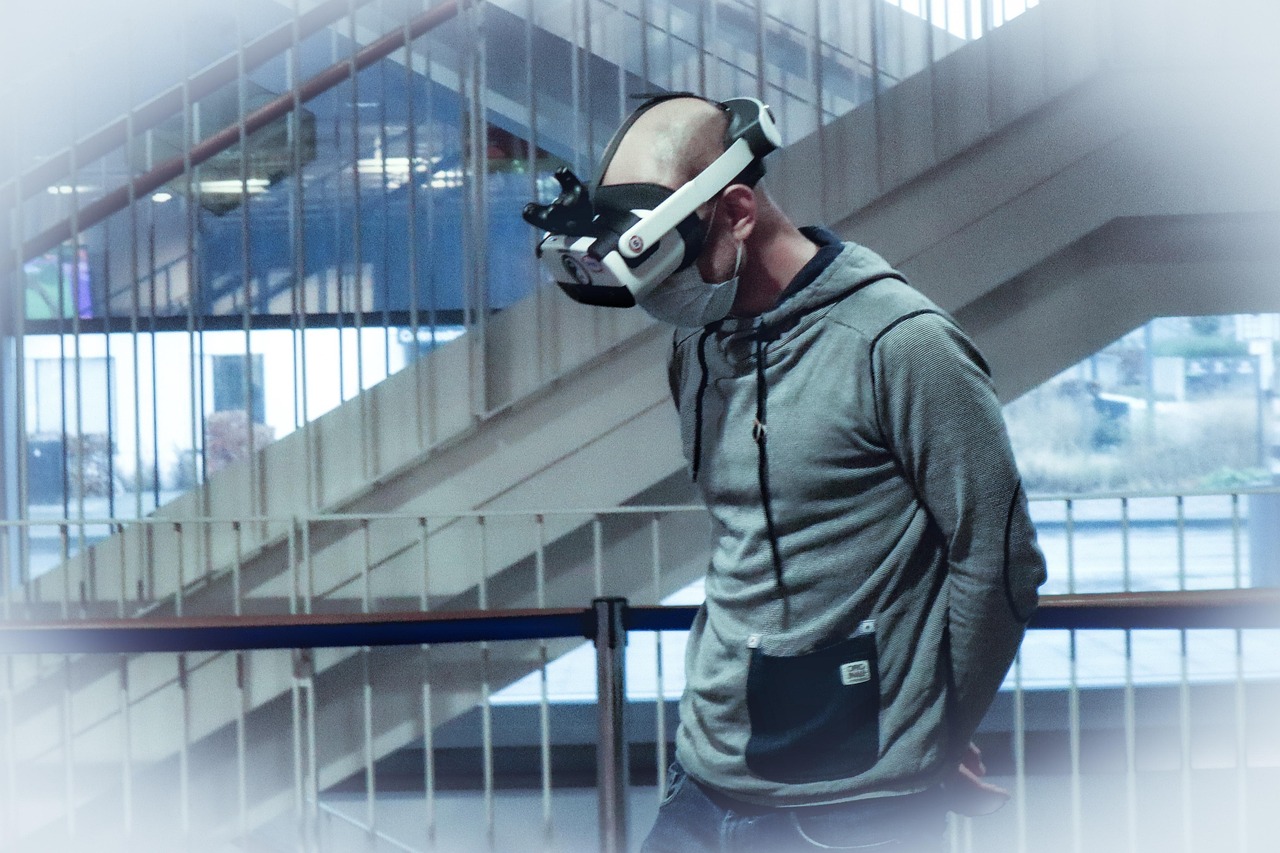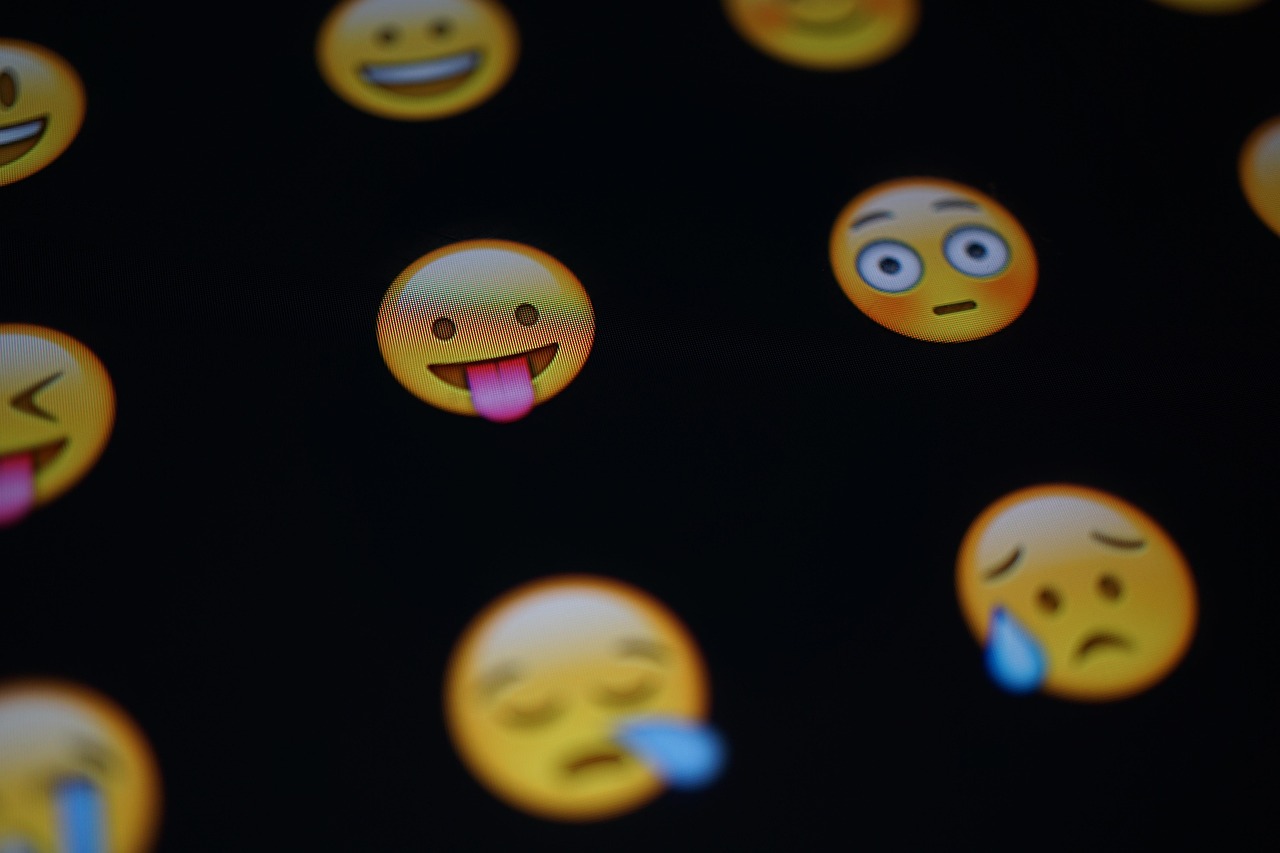Unraveling the Mysteries of Sleep and Beauty: A Comprehensive Look into Beauty Sleep
The notion of "beauty sleep" is not just a catchphrase. It's a fundamental aspect of overall health, wellness, and physical attractiveness. The relationship between sleep and beauty is deep-rooted in our biological processes and impacts our appearance and fitness. This article embarks on a journey to elucidate the science behind the term "beauty sleep," its historical context, and its role in today's beauty and fitness industries.

The Historical Roots of Beauty Sleep
The concept of beauty sleep dates back to ancient civilizations. Egyptians believed in the power of sleep for rejuvenation, and their beauty rituals included sleep-inducing elements like poppy seeds. The Greeks and Romans also recognized the importance of sleep for beauty and fitness, integrating it into their health philosophies.
Over time, the idea of beauty sleep permeated literature, with Shakespeare famously referring to it in his play, “Macbeth”. In the 20th century, scientific research began to validate the connection between adequate sleep and physical attractiveness, marking a significant development in understanding the concept.
The Science Behind Beauty Sleep
Modern science provides compelling evidence for beauty sleep. During sleep, our body undergoes repair and rejuvenation processes. Growth hormones peak during deep sleep, stimulating cell reproduction and repair. This process is crucial for skin regeneration, contributing to a youthful, radiant appearance.
Moreover, lack of sleep triggers the stress hormone cortisol, leading to inflammation and potential skin issues such as acne and psoriasis. Sleep deprivation also reduces the skin’s ability to stay hydrated, leading to a dull complexion.
From a fitness perspective, adequate sleep is essential for muscle recovery and performance. Sleep deprivation can also trigger increased appetite and cravings for unhealthy food, impacting weight management.
Beauty Sleep in Today’s Beauty and Fitness Industries
Beauty sleep is a trending topic in today’s industries. Many beauty brands are developing products specifically designed for nighttime use, such as sleep-inducing face masks and serums. The fitness industry also emphasizes the importance of sleep for muscle recovery and performance.
Sleep experts are now a part of wellness teams, and sleep hygiene is being incorporated into wellness programs. Celebrities and influencers also often share their sleep routines and habits, further popularizing the concept of beauty sleep.
Benefits, Market Relevance, and Industry Impact
The benefits of beauty sleep are manifold, including improved skin health, enhanced physical appearance, and better fitness outcomes. Its market relevance is evident in the growing demand for sleep-related products and services.
The industry impact is significant, with progressive shifts towards a more holistic approach to beauty and fitness. The recognition of sleep as a fundamental aspect of self-care is reshaping industry practices, influencing product development, and consumer behaviour.
Evidence-based Recommendations for Beauty Sleep
Experts recommend 7-9 hours of quality sleep per night for optimal health and beauty benefits. Maintaining a regular sleep schedule, practicing good sleep hygiene, and creating a sleep-friendly environment can all enhance the quality of sleep.
In conclusion, beauty sleep is much more than a catchy phrase. It is a scientific fact rooted in our biological processes and a key element of self-care, beauty, and fitness. As the beauty and fitness industries continue to recognize and incorporate the importance of sleep, we can look forward to a more holistic approach to wellness.





